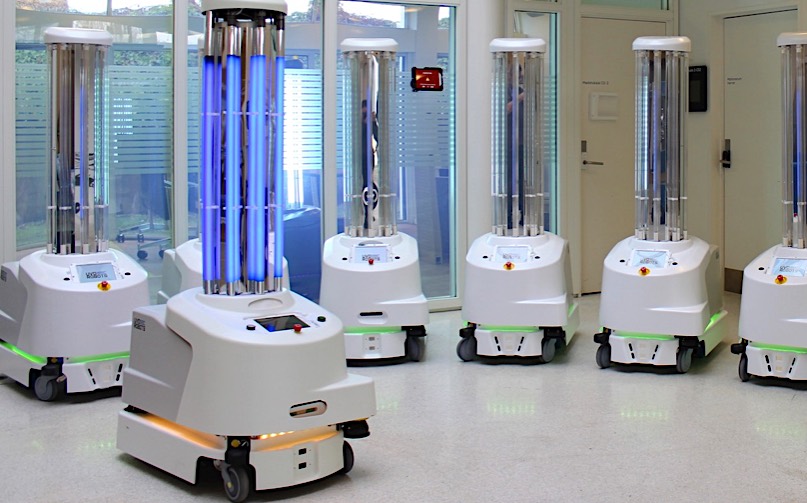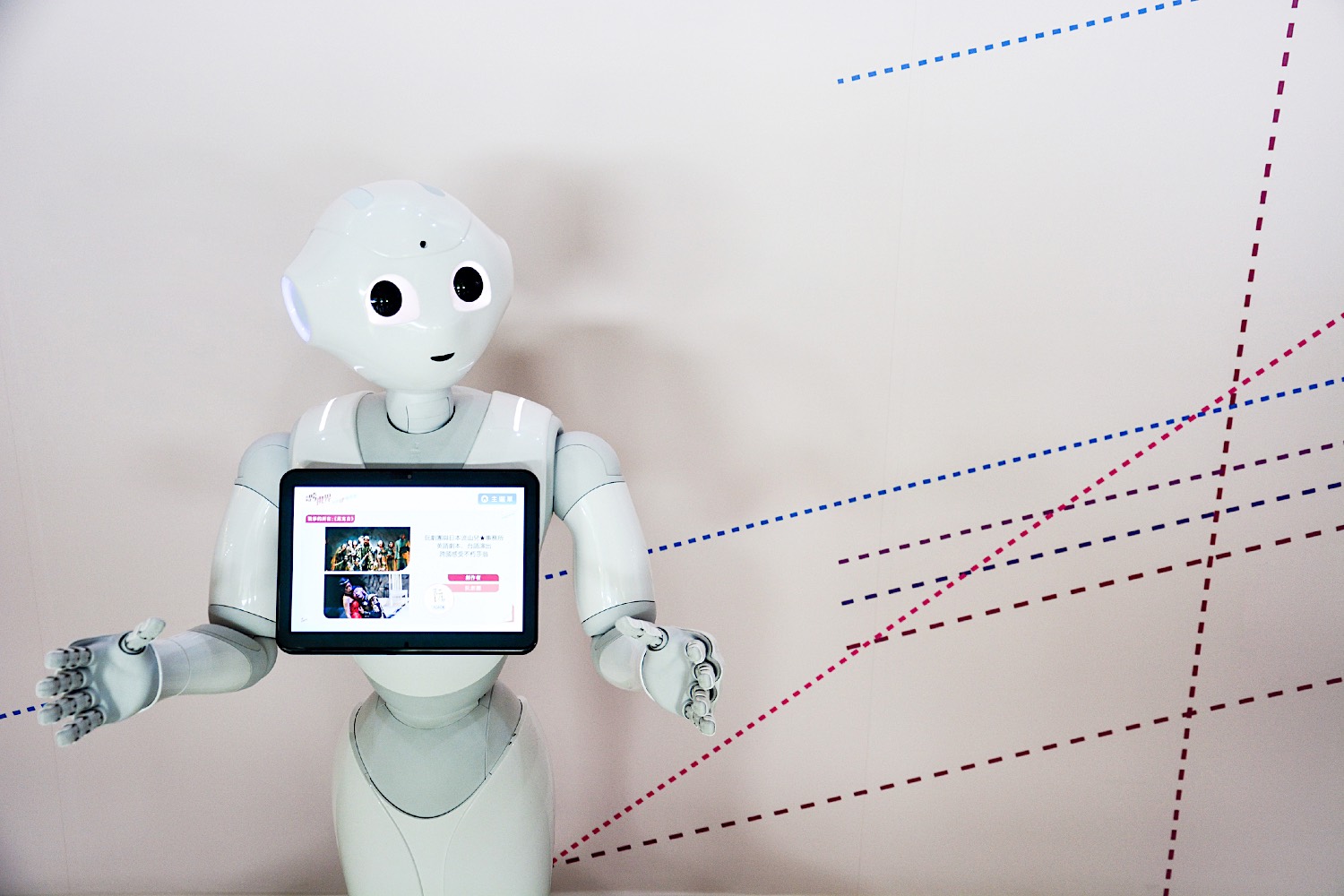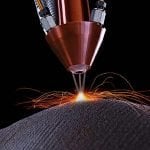
The pandemic has led robotics companies to focus more on how robots can help manage the COVID-19 crisis. It’s no secret that there are many obstacles when it comes to loved ones seeing each other during the pandemic, as it might not be healthy for them to come into contact with one another.
Mitra is a 5-foot-tall robot, and its engineered design allows patients and their loved ones to communicate using facial recognition technology and a tablet mounted on Mitra’s chest. Mitra was developed by Invento Robotics, a Bengaluru startup, and has become incredibly popular in Indian hospitals. The machine costs about $13,600 USD and made headlines in 2017 at an international summit. At the summit, Mitra interacted with Ivanka Trump and Narenda Modi, the prime minister of India.
The Role of Health Robots
In India, robots were implemented primarily because of a PPE shortage. However, many hospitals began utilizing robots to disinfect the hospital floors, and they were already being used in surgeries that required a high level of precision. Rajeev Karwal of Milagrow Human Tech commented on the growth of his company, stating: “With the advent of the pandemic, we focused on humanoids that could be used to disinfect hospital floors, provide temperature checks, do ward rounds and arrange phone calls with doctors.”
Boston Dynamics created one of the most well-known robots in the world with “Spot”, a robot the size of a golden retriever that has repeatedly gone viral. Spot became commercially available only last year for industrial uses. However, it’s easy to see how health robots can help during the COVID-19, for things like drug delivery and basic patient management.
The engineered design of Spot had some obvious applications, such as inspecting and patrolling construction sites and power plants. The COVID-19 pandemic has led to a pivot, and Spot is now delivering food to quarantined workers in Japan and helping to monitor blood oxygen levels in Boston.

More Health Robots
Of course, there are many other companies that are developing robotics during this time. Many healthcare professionals have made it clear that robots have helped them significantly during this time. Christine Kiernan, an orthopedic surgeon based in Ireland, praised the Violet robot in a Verge article.
Violet is a UV cleaning robot developed by Akara Robotics, and it was created specifically to provide social support in nursing homes. During COVID-19, Violet played an important role in sterilizing Kiernan’s hospital.
In Belgium, an AI-powered robot is being utilized during the COVID-19 pandemic. Its engineered design allows patients to “check-in” while avoiding any and all human contact, and the robot supports multiple languages. The robot, called the CRUZR robot, has been deployed at Antwerp University Hospital, one of the largest hospitals in Belgium.
The health robot uses temperature measurement cameras, as well as ultrasonic sensors, to determine whether the patient is “safe.” If not, the robot either signals staff or alerts the person in question. The robot was developed by the Belgium-based Zorabots.


































